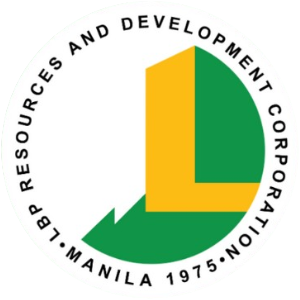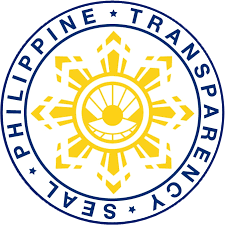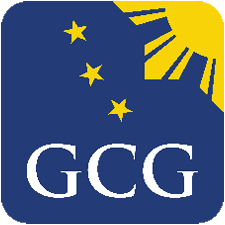GENDER-FAIR LANGUAGE AND INCLUSIVE COMMUNICATION TRAINING
As part of LBRDC’s GAD Plans and Budget for CY 2025, the GAD Technical Working Group successfully organized the Gender-Fair Language and Inclusive Communication Training. The activity highlighted the importance of eliminating gender bias in communication and strengthening employees’ awareness and commitment to gender equality.
The session was held on September 12, 2025 at Sun Star Grand Hotel, Quiapo, Manila, from 8:00 a.m. to 5:00 p.m. It was facilitated by Ms. Anne Dominique Francisco, a member of the GAD Resource Pool Program of the Philippine Commission on Women, who served as the resource speaker. A total of 29 participants attended the training, composed of 17 female and 12 male employees from the LBRDC Special Economic Zone and the LBRDC Head Office.
The training commenced with a pre-test designed to assess the participants’ baseline knowledge and gauge their initial understanding of gender-fair language and inclusive communication. This provided a benchmark for measuring their progress throughout the session. It was followed by a series of discussions and interactive lectures facilitated by the resource speaker, which highlighted the importance of using inclusive language and avoiding gender stereotypes in both professional and everyday settings.
To reinforce these concepts, participants were shown engaging video materials that illustrated real-life applications of gender-fair communication in various contexts such as workplaces, schools, media, and community interactions. These examples allowed participants to clearly see the difference between biased and inclusive language and how subtle changes in communication can make a significant impact.
The session also featured role-playing activities, which encouraged participants to actively apply what they had learned. They worked in groups to simulate different communication platforms—such as crafting social media vlog, developing television program scripts, and producing short radio segments—using gender-fair language. This hands-on approach not only deepened their understanding but also allowed them to practice inclusivity in practical, relatable scenarios.
Among the important lessons gained were the proper use of gender-fair terms in both written and verbal communication, the significance of avoiding stereotypes, and the need to foster inclusivity and respect when addressing colleagues and stakeholders. Participants also learned practical strategies to ensure that everyday communication, whether in documents, online platforms, or casual exchanges, reflects gender sensitivity and equality.
To conclude, a post-test was conducted to measure learning progress, and certificates were awarded to the resource speaker and participants. The training proved to be impactful, as participants actively participated and responded with great interest to the activities. The program successfully contributed to raising awareness and strengthening LBRDC’s commitment to gender sensitivity and inclusive communication in the workplace.
For Our Facebook page Please visit here.







